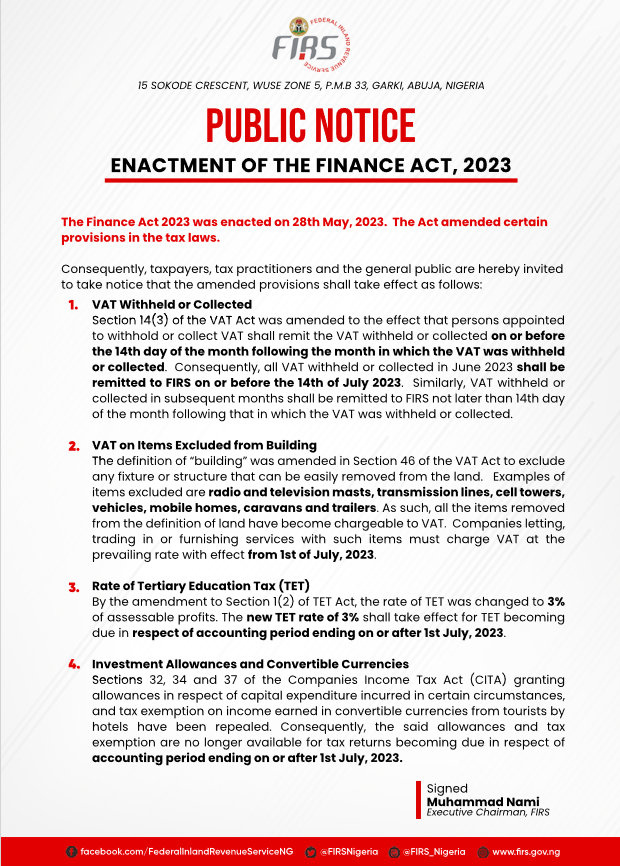“The problem with marine insurance law is that it comes from 18 and 19 centuries marine situations. Mostly in times of war, so the clauses were designed to deal with seizure by pirates and other acts of forceful take over.”
This is the description of the emergence of marine insurance law by Prof Robert Merkins, Professor of Law, Universities of Exeter and Reading, England. He said as at that time, information was moving at the speed of best moving object on sea, ships; their movement was a drag so was the time it took to deliver information.
“Information was getting months to get from one country to another,” he stated. The pale message order was not only limited to the slow pace of information; “There was so little expertise in the industry so you have got basically rules that are devised for that scenario. You have all or no rules. You have rules which say if you break the condition then there is no recovery, even if you proved the loss condition in those days; but you couldn’t prove it in those days..”
Prof Merkins, an international insurance consultant, who was part of a webinar hosted by First Law & Impact Consulting Limited in Lagos, said the law has not changed drastically. Taken it one step at a time, he said the marine insurance law took off with a set of rules where you have all or no rules which were designed for a very different era. Spinning from that different era and still retained, were provisions like non-disclosure, warranties. According to him, what happened in England , Australia and other English jurisdictions “was a move to make the punishment fit the crime , in order words, you have proportionality.”
However, he said there has been changes in England, now it’s no longer the case that if you fail to state the facts or you make false statement insurance can avoid the liability. “Insurance now have to pay based on the premium they would have charged.” For instance, if there is a policy which says you ought to have a burglar alarm and you haven’t got a burglary alarm and there was a flood, insurance still have to pay because the burglar alarm has nothing to do with the flood.
Narrating the changes that have taken place in England, he said what have been done in that clime is to make the insurance conduct match what should be recovered. “That is the underlining principle. Insurance does not rest upon strict law, it rests up on what is appropriate in certain circumstances. That can be good or bad.”
Still on entrenching insurance liability, he said England has legislation for late payment for insurance claims. Insurance companies can no longer jump over liabilities or repudiate claims. English claimants are now entitled to additional damages if insurance don’t pay on time.
Another difficult one he mentioned has to do with policy wordings. “The assumption that making the policy simpler makes life easier isn’t always borne out. For instance, he said when talking about indemnity, how many people would have thought that “as new” and “when new” mean different things, this test case he said, is in New Zealand. Still recalling legal interpretations, he stated that the word loss, could mean loss of possession, loss of damage, loss of ability to use, it depends on the circumstance.
Merkins still addressing the preference for simple insurance wordings by a section of people, he said simple words does not have the magic wand to erase different interpretations of insurance wordings. He explains more: “Just because you use words that are simple doesn’t mean you have erased the problem. Because simple words have non simple meaning. So I think the notion of simple language is a drafting issue.”








































